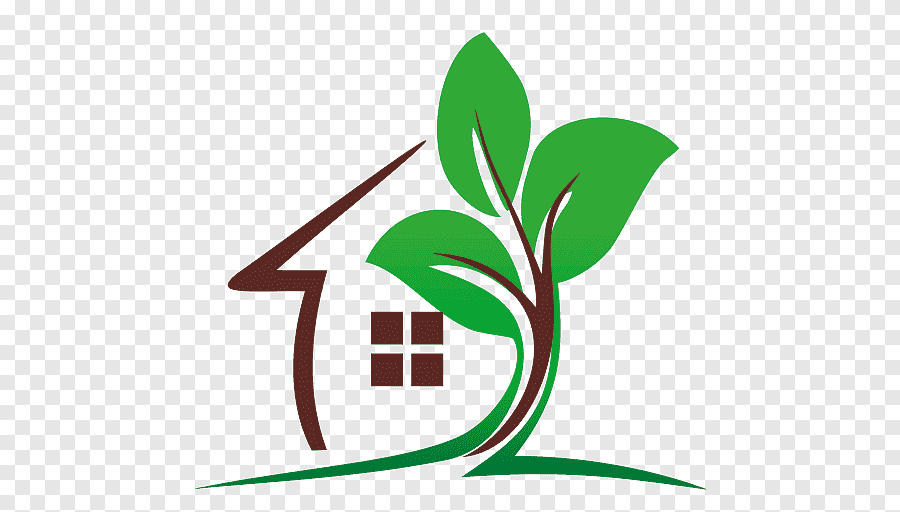Best Homemade Natural Garden Fertilizers

Homemade natural garden fertilizers are a great way to enrich your soil and promote healthy plant growth without relying on synthetic chemicals. Here are some of the best homemade natural fertilizers:
Compost:
Compost is one of the best all-around natural fertilizers. It’s made from a mixture of kitchen scraps (vegetable peels, coffee grounds, eggshells) and yard waste (grass clippings, leaves).
As it decomposes, compost releases a wide range of nutrients that benefit plants, improves soil structure, and enhances water retention.
Manure Tea:
Manure from herbivores (cow, horse, rabbit) can be steeped in water to create manure tea. Avoid using fresh manure, as it may contain harmful pathogens.
Dilute the manure in water and use it to water your plants. It provides essential nutrients like nitrogen, phosphorus, and potassium.

Epsom Salt Solution:
Epsom salt is rich in magnesium and sulfate, which are beneficial for plant growth and chlorophyll production.
Dissolve about 2 tablespoons of Epsom salt in a gallon of water and use it to water your plants once a month.
Banana Peel Tea:
Banana peels are a good source of potassium and other essential minerals.
To make banana peel tea, soak chopped banana peels in water for a few days. Use the infused water to water your plants.

Fish Emulsion:
Fish emulsion is made from fish waste and is rich in nitrogen, phosphorus, and trace minerals.
You can purchase ready-made fish emulsion or make your own by blending fish scraps with water and allowing it to ferment for a few weeks. Dilute the mixture before using it on your plants.
Weed Tea:
Certain weeds can be beneficial when turned into a nutrient-rich tea.
Gather weeds like nettles or comfrey, steep them in water for a few weeks, and then use the liquid to fertilize your plants.

Wood Ash:
Wood ash from your fireplace or fire pit is an excellent source of potassium and some other minerals.
Sprinkle a thin layer of wood ash around plants that prefer alkaline soil (avoid acid-loving plants).
Remember that homemade natural fertilizers should be used in moderation and should complement the existing nutrient levels in your soil. Before applying any fertilizer, it’s a good idea to perform a soil test to determine your garden’s specific needs. Additionally, avoid over-fertilization, as it can lead to nutrient imbalances and harm your plants.
